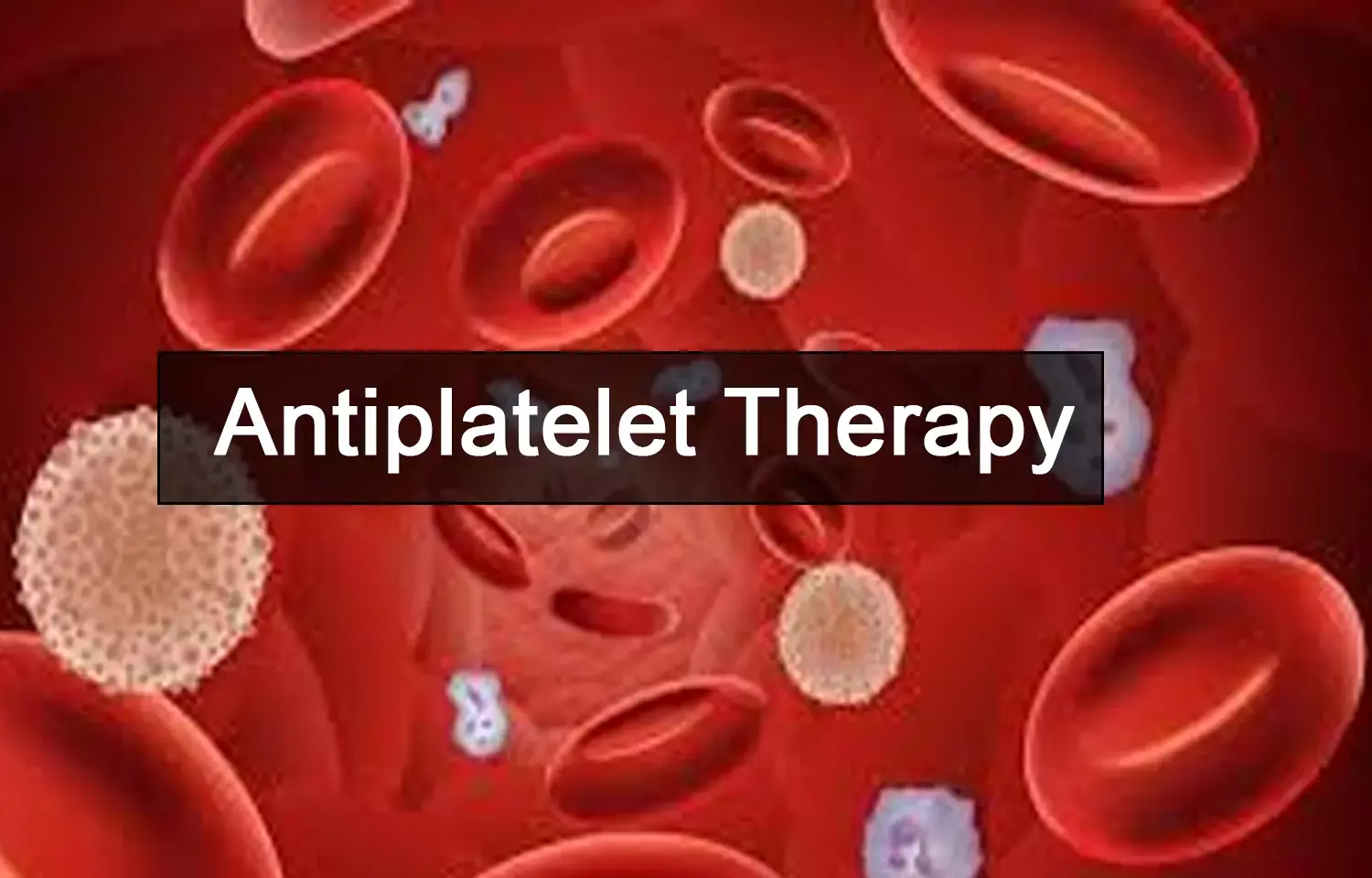- Home
- Medical news & Guidelines
- Anesthesiology
- Cardiology and CTVS
- Critical Care
- Dentistry
- Dermatology
- Diabetes and Endocrinology
- ENT
- Gastroenterology
- Medicine
- Nephrology
- Neurology
- Obstretics-Gynaecology
- Oncology
- Ophthalmology
- Orthopaedics
- Pediatrics-Neonatology
- Psychiatry
- Pulmonology
- Radiology
- Surgery
- Urology
- Laboratory Medicine
- Diet
- Nursing
- Paramedical
- Physiotherapy
- Health news
- Fact Check
- Bone Health Fact Check
- Brain Health Fact Check
- Cancer Related Fact Check
- Child Care Fact Check
- Dental and oral health fact check
- Diabetes and metabolic health fact check
- Diet and Nutrition Fact Check
- Eye and ENT Care Fact Check
- Fitness fact check
- Gut health fact check
- Heart health fact check
- Kidney health fact check
- Medical education fact check
- Men's health fact check
- Respiratory fact check
- Skin and hair care fact check
- Vaccine and Immunization fact check
- Women's health fact check
- AYUSH
- State News
- Andaman and Nicobar Islands
- Andhra Pradesh
- Arunachal Pradesh
- Assam
- Bihar
- Chandigarh
- Chattisgarh
- Dadra and Nagar Haveli
- Daman and Diu
- Delhi
- Goa
- Gujarat
- Haryana
- Himachal Pradesh
- Jammu & Kashmir
- Jharkhand
- Karnataka
- Kerala
- Ladakh
- Lakshadweep
- Madhya Pradesh
- Maharashtra
- Manipur
- Meghalaya
- Mizoram
- Nagaland
- Odisha
- Puducherry
- Punjab
- Rajasthan
- Sikkim
- Tamil Nadu
- Telangana
- Tripura
- Uttar Pradesh
- Uttrakhand
- West Bengal
- Medical Education
- Industry
Prior antiplatelet therapy tied to adverse outcomes in intracerebral hemorrhage: Study

UK: Prior antiplatelet therapy in intracerebral hemorrhage (ICH) patients increases risk of hematoma expansion and leads to less favorable outcomes compared to ICH patients without prior antiplatelet therapy, finds a recent study. Further, the use of tranexamic acid reduced hematoma expansion irrespective of prior antiplatelet therapy use.
The results of the study are published in the Journal of the American Heart Association.
About 1/4th of ICH patients receive antiplatelet treatment before ICH. Antiplatelet therapy impairs hemostasis that may lead to hematoma expansion. Nikola Sprigg, University of Nottingham, Nottingham, United Kingdom, and colleagues aimed to to explore the relationship between pre‐ICH antiplatelet therapy and hematoma characteristics and functional outcome in spontaneous ICH; and to explore the effect of tranexamic acid in patients taking antiplatelet therapy.
For the purpose, the researchers performed an exploratory analysis of the TICH‐2 (Tranexamic Acid in Intracerebral Hemorrhage‐2) double‐blind, randomized, placebo‐controlled trial. The trial studied the efficacy of tranexamic acid in patients with spontaneous ICH within 8 hours of onset.
The relationship between pre‐ICH antiplatelet therapy, and 24‐hour hematoma expansion and day 90 modified Rankin Scale score, as well as the effect of tranexamic acid was explored using multivariable logistic regression and ordinal regression.
Key findings of the study include:
- Of 2325 patients, 611 (26.3%) had pre‐ICH antiplatelet therapy. They were older (mean age, 75.7 versus 66.5 years), more likely to have ischemic heart disease (25.4% versus 2.7%), ischemic stroke (36.2% versus 6.3%), intraventricular hemorrhage (40.2% versus 27.5%), and larger baseline hematoma volume (mean, 28.1 versus 22.6 mL) than the no‐antiplatelet group.
- Pre‐ICH antiplatelet therapy was associated with a significantly increased risk of hematoma expansion (adjusted odds ratio [OR], 1.28), a shift toward unfavorable outcome in modified Rankin Scale (adjusted common OR, 1.58) and a higher risk of death at day 90 (adjusted OR, 1.63).
- Tranexamic acid reduced the risk of hematoma expansion in the overall patients with ICH (adjusted OR, 0.76) and antiplatelet subgroup (adjusted OR, 0.61) with no significant interaction between pre‐ICH antiplatelet therapy and tranexamic acid.
"Pre‐ICH antiplatelet therapy is associated with an increased risk of hematoma expansion, death, unfavorable functional outcome, and neurological deterioration in spontaneous ICH," wrote the authors. "Tranexamic acid did not have significantly greater benefit in patients with antiplatelet‐associated ICH, and its use in these patients needs to be further explored."
"Trials of hemostatic therapies in ICH should include or even prioritize patients with antiplatelet therapy due to these reasons," they concluded.
The study titled, "Outcomes in Antiplatelet‐Associated Intracerebral Hemorrhage in the TICH‐2 Randomized Controlled Trial," is published in the Journal of the American Heart Association.
DOI: https://www.ahajournals.org/doi/10.1161/JAHA.120.019130
Dr Kamal Kant Kohli-MBBS, DTCD- a chest specialist with more than 30 years of practice and a flair for writing clinical articles, Dr Kamal Kant Kohli joined Medical Dialogues as a Chief Editor of Medical News. Besides writing articles, as an editor, he proofreads and verifies all the medical content published on Medical Dialogues including those coming from journals, studies,medical conferences,guidelines etc. Email: drkohli@medicaldialogues.in. Contact no. 011-43720751


